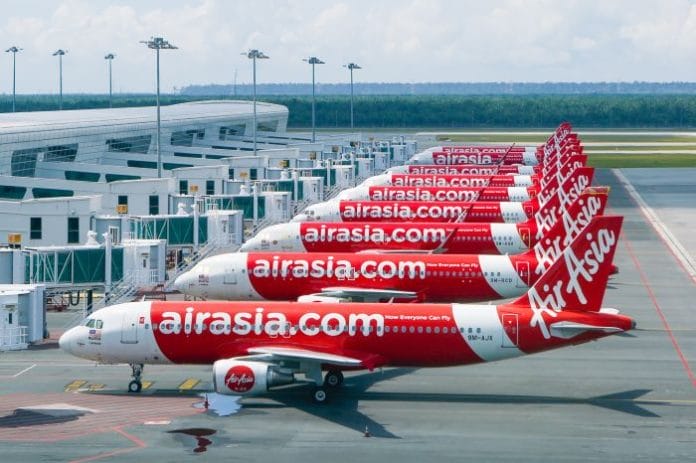In its first standalone sustainability report, Capital A announced that in 2023, AirAsia’s carbon intensity metrics dipped below 2019 levels as its fleet strength returned to 75%. With load factors rising to a high of 88%, AirAsia maintained an on-time-performance score of 77%, helping boost its Net Promoter Score (NPS)* to 52 from just 36 in 2022.
In its environmental highlights, the Group said its carbon emissions per available seat kilometre (gCO2/ASK) of 64.4 and carbon emissions per revenue passenger kilometre (gCO2/RPK) of 74.0 were its lowest yet. This the group said was in large part due to the implementation of operational efficiency measures which delivered total carbon avoidance of 129,469 tonnes, equivalent to savings of 41,000 tonnes in fuel and US$40 million in fuel costs. This performance has placed AirAsia once again among top performers of regional narrow body operators, underscoring its Gold Environmental Sustainability rating from the Centre for Aviation in its 2023 CAPA-Envest Global Airline Sustainability Benchmarking Report.
In waste management, the Group said it handled over 1,000 tonnes of non-hazardous waste of which 49% was diverted from the landfill. Inflight catering company Santan also launched its five-year packaging strategy that includes among its priorities, sourcing for affordable biodegradable inflight food packaging as well as packaging that enables products to meet shelf-life in order to lower food waste. Santan capped its food waste margins within its target of 30% of total consumption, putting it on track to lowering its 2024 target to 25%.
In economic measures, Capital A said it strengthened its sustainability governance with the appointment of Tan Sri Dr. Jemilah Mahmood, Professor of Planetary Health at Sunway University, and Dr. Veerathai Santiprabhob, former Governor of the Bank of Thailand, as sustainability advisers to its aviation arm.
The group also continued its digital transformation to make advances with automating and digitalising manual processes and paperwork. Measures taken to increase utilisation of self-check-in solutions helped eliminate 200,000 paper boarding passes while helping cut check-in counter queue times.










